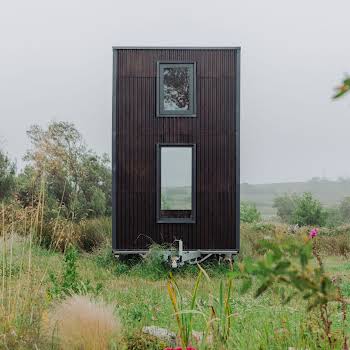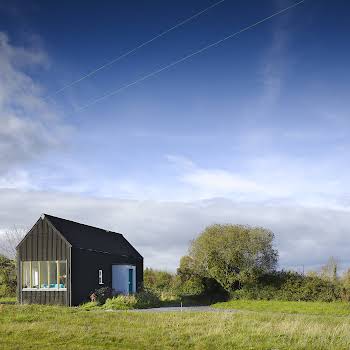
By Erin Lindsay
13th May 2019
13th May 2019
The latest report from Daft.ie has revealed that the average rent in Ireland is now €1,366 — making it cheaper to pay a mortgage than to rent starter and family homes in all areas of the country.
The report revealed that rents nationwide rose by 1.5 per cent in the first quarter of 2019. The figures are even higher in the capital, with the average rent in Dublin now standing at €2,002 — an increase of 6.8 per cent this year.
Daft.ie also reported that the number of homes available to rent across the country is at the lowest ever level since the series began in 2006, at just 2,700 homes.
The tight supply of homes and the worsening housing crisis across the country means that rents across the country are significantly higher than they were at the peak of the recession in 2008 — in Dublin, rents are an average of 39 per cent higher than 2008 levels, while in Galway, they are an average of 49 per cent higher.
New laws
New measures by the government to weaken landlords’ powers to evict tenants are set to be signed into law over the next two weeks. The new laws will double the eviction notice period given to tenants — those living in a property for one year will now be given four months notice, and those living in a property for three years must be given six months notice.
The new legislation will also seek to clamp down on situations where a tenant is forced out of a home due to ‘renovations’, only to be replaced by a new tenant at a higher rent. Landlords will now have to give clear and detailed explanations of proposed renovations if they use this as a reason for a tenant to vacate the property. The changes to a property must be “substantial” and before serving a notice, the landlord must obtain a certificate from an architect or surveyor stating that the work would pose a health and safety risk requiring vacation by the tenants for at least three years.
There will also be new legislation surrounding situations where landlords need a property vacated in order to sell it, or to allow a family member to take over the property. If selling the home, the landlord must enter into a contract of sale within nine months of the termination date, or else offer it back to the tenant. If a family member takes over, if they leave within a year of moving in, the property must be offered back to the original tenant.























